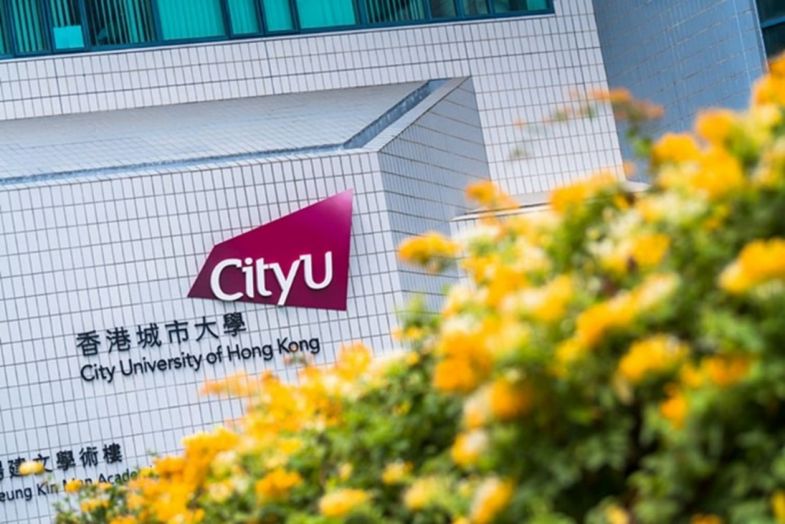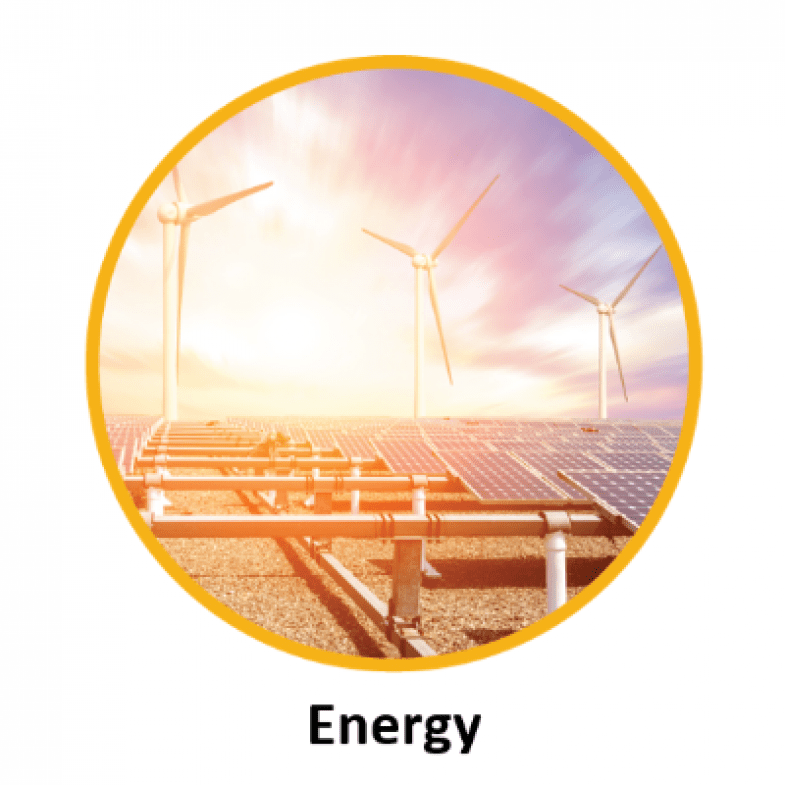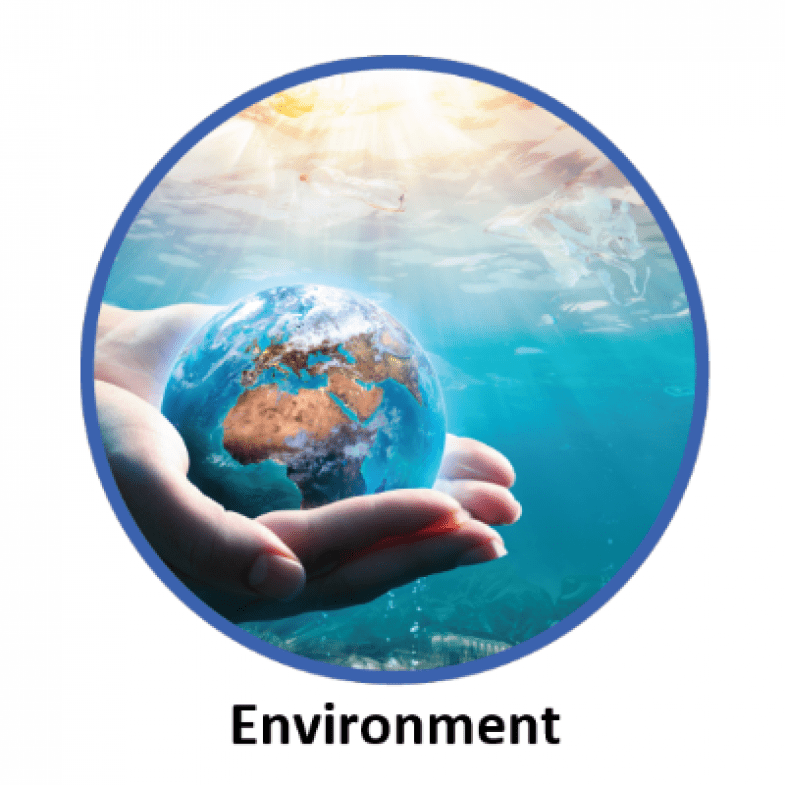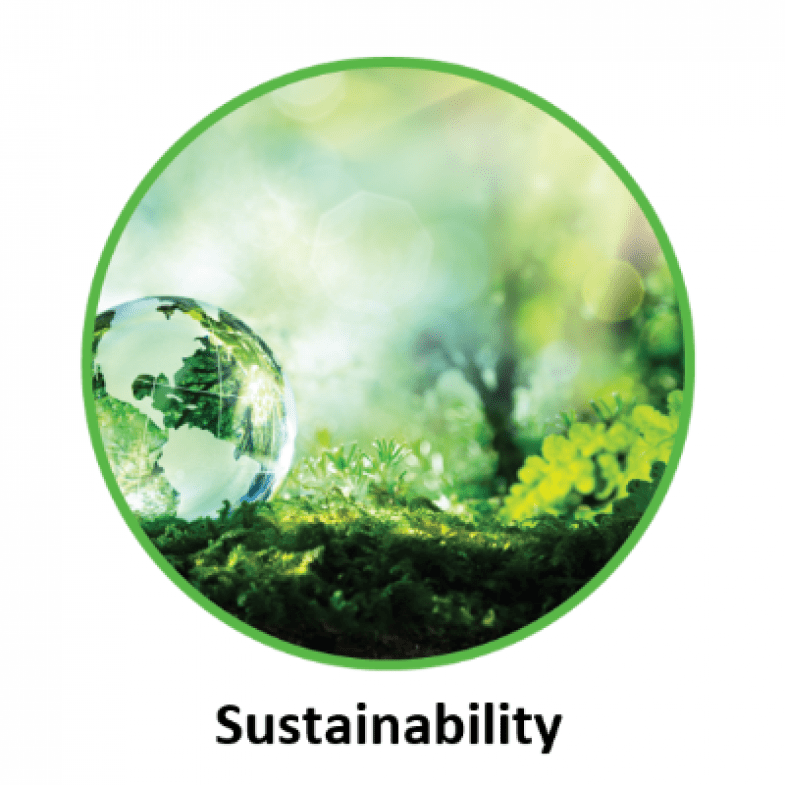
School of Energy and Environment - City University of Hong Kong

The School of Energy and Environment (SEE) of the CityU University of Hong Kong (CityU) aspires to be a leading school to foster an interdisciplinary approach to tackle challenges in the areas of energy and environment to enable sustainable development.
SEE represents the School of Energy and Environment of CityU as well as Sustainability, Energy, and Environment. Our interdisciplinary efforts capitalize on our faculty’s special expertise in climate change and air pollution, building and energy efficiency, innovative environmental treatment processes, waste to energy, renewable energy conversion and storage, energy management, and sustainability policies and economics. We have strong networks with world-leading scholars and industry professionals who engage with us in knowledge exchange activities, including collaborative research and direct industrial and government contract research.
School is privileged to be a research and education hub in sustainability, energy, and environment and striving towards excellence to be the global leader for energy, environment, and sustainability. Our research achievements underpin the education we offer to our students. Our goal is to nurture a new generation of energy professionals who take an interdisciplinary and holistic view of climate change mitigation and emissions reduction in finding innovative solutions to produce clean energy and sustainable development.
About SEE
- School of Energy and Environment (SEE)
- SEE Vision and Mission
- SEE Programmes
- SEE Research
- SEE Outreach
- SEE Student Life and Learning
Come and join hands with us. Whatever background you are from, we have something relevant to offer you.
RESEARCH ACHIEVEMENTS & HIGHLIGHTS
- Energy Science & Engineering subject ranked 1st in Hong Kong and 23rd in the world (source: GRAS ShanghaiRanking’s Global Ranking of Academic Subjects 2022)
- Three SEE faculty members named Highly Cited Researchers 2021 (Source: ClarivateTM)
- Eighteen SEE faculty members ranked Top 2% of the world’s most highly cited scientists 2022 (source: Stanford University)
- Medals winning in Inventions Geneva Evaluation Days (IGED) 2022
- SEE Scholars named Highly Cited Researchers 2023
- Advanced Ceramic Materials for Efficient Passive Radiative Cooling: A Fresh Perspective on Building Energy-saving
- Professor Angus Yip has been selected as a Fellow of the RSC (FRSC) and received the IUMRS Frontier Materials Young Scientists Award
- Twenty-Six SEE Faculty Members ranked Top 2% of the World’s Most Highly Cited Scientists
- Professor Zhiguo Yuan of SEE Received the Global STEM Professorship
 |
 |
 |
||
|
|
|
||
|
The School of Energy and Environment has strong emphasis on energy research for a sustainable future of society. With the ultimate goal of reducing carbon footprint, we adopt interdisciplinary approaches in developing various state-of-the-art technologies for clean energy generation, conversion, and storage with improved efficiency. From photovoltaic conversion and solar hydrogen production, to smart energy storage, distribution and management, the vision is to develop innovative and resilient clean energy technologies to ensure our energy security. These energy technologies will be the pillars for our society to achieve carbon neutrality.
|
The School of Energy and Environment is conducting cutting-edge research on climate change forecasting, pollution management and aquatic environment protection, as a contribution to the development of smart and sustainable cities. Innovative research concerns air pollution monitoring to understand pollution from sources, including the formation of secondary air pollutants, to microenvironments and personal exposure. Atmospheric modelling is used to understand air pollution transport or global warming and their relationships with typhoon activity. The effects of air pollution on health and material damage are scientifically investigated and aquatic environment is considered as well in order to design environmental policies. In addition, the additional values of waste as new resources are explored. |
The successful creation of smart and healthy cities requires the application of scientific knowledge and innovative technologies, facilitated by policy and delivered by business and industry. Research at the School of Energy and Environment takes a systems approach to develop innovative science and engineering solutions and to provide empirically based evidence and insight from the evaluation of these solutions to understand how they can be successfully applied to our cities. The research engages with stakeholders in industry, and government seeking to inform and critique policy and practice in the area of air and water pollution, food waste, energy efficiency and low carbon smart and healthy cities.
|
Excel in Major Research Funding and Resources
Our faculty members are active and successful in obtaining highly competitive grants in Hong Kong and international level.
- Research Grants Council (RGC) of Hong Kong: Collaborative Research Fund (CRF), General Research Fund (GRF), RGC Research Fellowships, Early Career Scheme (ECS).
- Innovation and Technology Fund (ITF)
- Green Tech Fund (GTF) of Hong Kong
- Environment and Conservation Fund (ECF) of Hong Kong
- National Natural Science Foundation of China (NSFC)
SEE programmes:
- Research Degree Programme
- Master of Science in Energy and Environment
- Double Degree Programme – Bachelor of Engineering in Environmental Science and Engineering and Bachelor of Business Administration in Finance
- Bachelor of Engineering in Energy Science and Engineering
- Bachelor of Engineering in Environmental Science and Engineering
POSTGRADUATE PROGRAMMES
The School of Energy and Environment (SEE) offers research studies leading to the degrees Doctor of Philosophy (PhD) in all energy- or environment-related subjects. We have a large interdisciplinary faculty with specific research expertise in the above areas. Before making an application, candidates are encouraged to contact one of the SEE faculty members in the relevant discipline to discuss their proposed research topic.
Hong Kong PhD Fellowship Scheme
Established in 2009 by the Hong Kong Research Grants Council (RGC), the Hong Kong PhD Fellowship Scheme (HKPFS) aims at attracting the best and brightest students in the world to pursue their PhD programmes in Hong Kong.
For the Hong Kong PhD Fellowship awardees of CityU, in addition to a monthly stipend offered by the Scheme for a maximum period of 3 years, each awardee of the Fellowship of CityU will also receive a “Chow Yei Ching School of Graduate Studies Entrance Scholarship”, which covers the student’s full-time tuition fees and on-campus hostel accommodation expenses in his/her first year of research studies. Besides, CityU will provide a monthly studentship at the same level as the Fellowship awarded by the RGC for their fourth year of study.
Those who are seeking admission as new full-time PhD students in the School of Energy and Environment of CityU, irrespective of their country of origin and ethnic background, are eligible to apply for HKPFS. Click here for more information about PhD admission arrangements at SEE.

Master of Science in Energy and Environment Programme
This Master of Science programme aims to equip students with the necessary knowledge and skills in the areas of energy and environment. In particular, the programme caters to the rising demand from the business and industry sectors for managers with contemporary views on energy, environment and sustainability. Besides emphasis on technical sciences, graduates of the programme are equipped with holistic knowledge in the related energy and environmental aspects of economics, policies and laws. Our graduates develop innovative and creative solutions to various energy and environmental problems.
The key strengths of the programme include:
- Multidisciplinary learning experience in both technological and soft science in related areas
- Strong faculty team with top-notch and prominent scholars from overseas top universities, and invited lectures from industrial and business leaders
- Brand new teaching laboratory and facility for practical and hands-on learning
- Field trips to energy- and environment-related industries, companies and government agencies.
Click here for more information about the MSc programme and admission arrangements.

In response to the aforesaid developments, the School of Energy and Environment is proud to offer, in collaboration with the Department of Economics and Finance, a new double degree programme, the Bachelor of Engineering in Environmental Science and Engineering and Bachelor of Business Administration in Finance.
Through this double degree programme, students will receive a rigorous and comprehensive education in both environmental engineering and finance. They will acquire the necessary skills and knowledge to address the challenges of sustainable finance, not just in Hong Kong but also in the global context. By bridging the gap between these two fields, graduates of this programme will be well-prepared to tackle complex sustainability issues from a multidisciplinary perspective.
Bachelor of Engineering in Energy Science and Engineering (ESE)
(Accredited by The Hong Kong Institution of Engineers (HKIE) in both the energy and environmental disciplines)
Key areas in energy engineering include
- Energy management and efficiency
- Renewable energy
- Energy storage and distribution
- Energy-related pollution control and treatment
Our ESE graduates are now pursuing careers in energy management in buildings, power generation, green technology development and consultancy on energy and environmental issues. Some of our graduates also pursue advanced degrees in related areas.
Bachelor of Engineering in Environmental Science and Engineering (EVE)
(Received provisional accreditation from The Hong Kong Institution of Engineers (HKIE) in the environmental discipline)
Environmental engineering is concerned with the solution of environmental problems, e.g.,
- Air pollution
- Marine pollution
- Water treatment
- Waste and recycling
- Sustainability
Our EVE graduates are now pursuing careers in monitoring or mitigating environmental pollution for government departments, developing new technologies for engineering firms, and advising companies on sustainable practices.
Energy/Environment in Science, Technology & Advanced Research (eSTAR)
An option for SEE undergraduate students under CityU’s Talents Programme (HK TECH Tiger) which equips students with cutting-edge skills and knowledge in the emerging fields in energy, environment and sustainability.
Other Information Relevant to SEE Undergraduate Education:
视频






